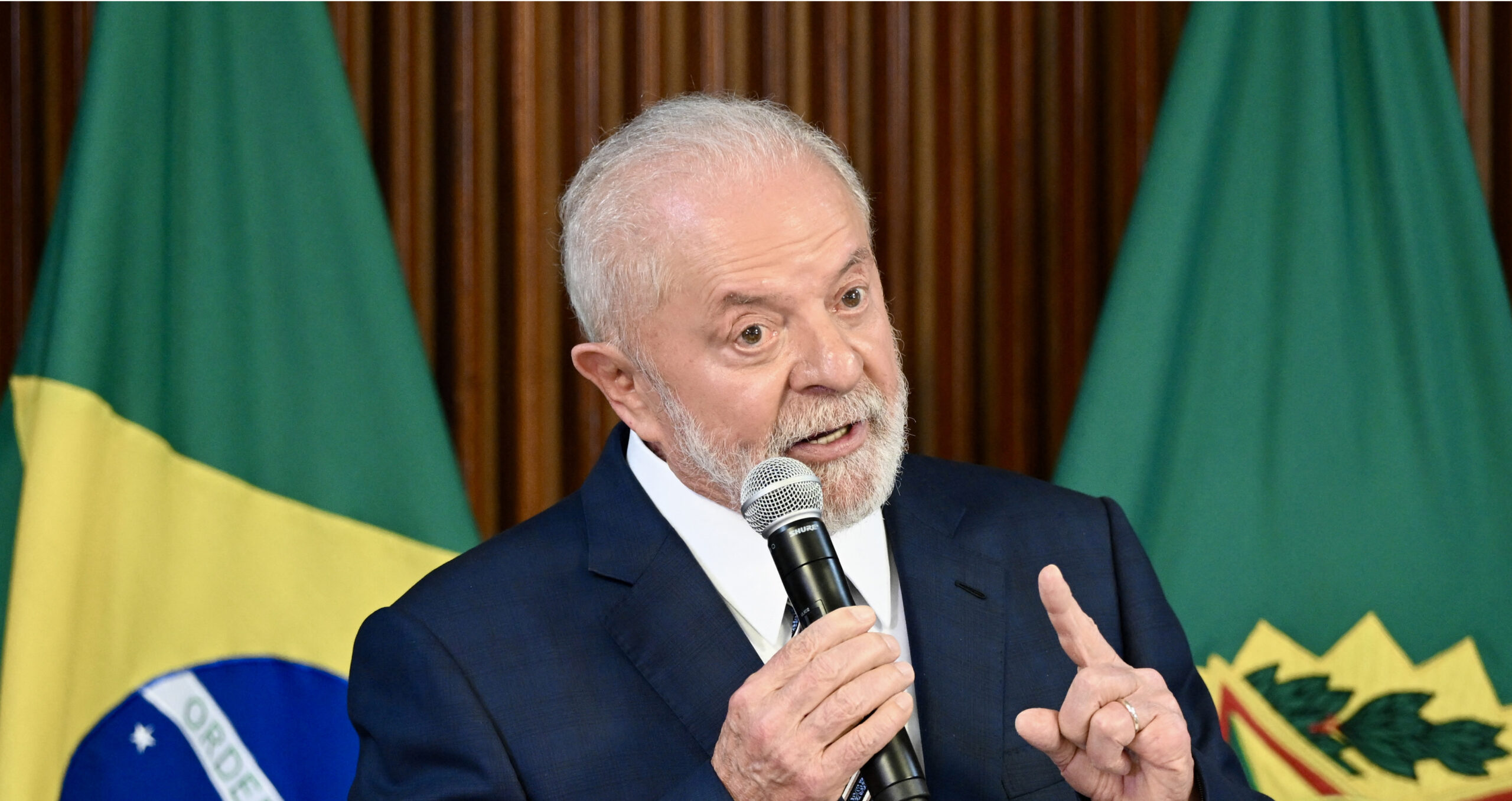

The enlargement of the Brics group of countries to include big fossil fuel-producing nations has sent shivers down the spines of those hoping for climate action, but Brazil can drive reform if it chooses to act wisely
Last week’s announcement that Egypt, Ethiopia, Iran, Saudi Arabia and the United Arab Emirates have formally joined the now Brics “plus” multilateral forum looks, on the surface, like a power boost for fossil fuel interests.
The addition of major oil and gas producers is expected to open routes for more fossil fuel trading in local currencies, while closer ties with Iran — a country subject to various types of international sanctions — risks diminishing investors’ appetite for projects, including those addressing climate change, related to the Brics+ grouping.
Russia’s opening statement on its chairship of the forum this year neglects climate change altogether. But amid the geopolitical shift to a multipolar world that Brics countries have long coveted, the pressure is on for this grouping of vastly varied interests to prove itself to the international community. That means proposing solutions fit for the 21st century, and the climate transition cannot be ignored.
To ignore the transition would be to risk destabilising the international rules-based order on which middle power countries such as Brazil, India and South Africa depend, but the expansion doubtless adds a layer of challenge for these countries to keep climate change on the Brics+ agenda.
Climate politics have been shifting alongside the broader geopolitical picture. Where five years ago we wondered whether the annual UN climate negotiations could even utter the words fossil fuels, COP28 in December saw a petrostate, the UAE, rally countries behind a global goal to transition away from all fossil fuels.
China, a major power in the Brics+ grouping, embraced the deal at COP28, including the wording about transitioning away from fossil fuels to keep global warming within the 1.5C threshold set in the Paris Agreement. China had fought hard to caveat any such reference in previous UN climate negotiations.
The actual implementation of climate ambition, however, is butting up against big structural barriers such as a global finance system that is not fit for purpose for mobilising the $3tn–$4tn a year needed for the climate transition. These structural barriers are front and centre of the Brics+ agenda.
There is a potential champion for ensuring the Brics+ forum delivers on climate: Brazil, set to chair the forum in 2025. The country will also host the COP30 UN climate talks in 2025, which will mark the deadline for countries to publish their updated national climate policies for the next decade.
It will also be the culmination of a series of dialogues launched at Dubai’s COP28 on delivering on the global goals to transition away from fossil fuels, triple renewable energy, and transform the global finance system. Brazil will need to use all the diplomatic levers in its toolbox, including this group of sometime climate-ambition-delaying partners.
Unique platform
On the energy transition, Brazil’s flirtation with the idea of joining the Opec+ oil and gas producers forum is worrying, but President Luiz Inácio Lula da Silva has assured the world that this is to convince producing countries to transition away from fossil fuels. The Brics+ grouping offers a unique platform for south-south dialogue on fossil fuel phase-out and the just transition of which Brazil should be expected to make good use.
With Iran particularly resistant to traditional climate-ambitious diplomacy, the new ties through Brics+ offer a route to engage this tricky actor. Using the Brics+ forum to engage China on emissions reductions should also be a key strategy for Brazil towards securing significant new climate policies from all countries for COP30.
Driving progress on finance architecture reforms to boost just transition investment will be critical to ensure any fossil fuel transition delivery. Brazil hosts the G20 this year, where finance reforms are a major priority.
By building on the political appetite for finance system reforms among the Brics+ countries, Brazil could demonstrate broad support for reforms that enable climate-resilient routes to prosperity among a wider group of developing countries than those with seats at the G20 table.
Beyond finance institution reforms, Brics+ nations could play a key role in reforming the global trade system to reflect the realities of climate action. Food security remains on the agenda for the Russian chairship, making food trade a route in for potential climate champions such as Brazil to expand a Brics+ climate and trade dialogue — on access to green markets, managing carbon border adjustments, and so on.
Brazil’s president has revealed ambitions to be the voice of the global south. Keeping climate on the Brics+ agenda would be a genuine demonstration of leadership. It will not be easy; he will need to build a coalition of support, particularly during Russia’s chairship this year.
Fortunately, Brazil’s major multilateral roles on the G20 and COP30 offer the chance to partner with ex-G20 president India on the G20 finance architecture reform agenda, and with the UAE on delivering on the COP28 outcome. South Africa is another partnership candidate, having committed to carry forward the finance agenda in its 2025 G20 presidency, following the reform proposals asserted by the African Union in 2023.
It will not just be climate leaders looking to see how Brazil, India and South Africa deploy the Brics+ expansion. The confluence of this enlargement with the leadership of the G20 by Brazil and South Africa is an invitation to these middle power countries to show they can lead the type of fair global transition African and climate-vulnerable countries have been demanding.
Alex Scott is climate diplomacy and geopolitics programme lead at think-tank E3G
Similar Articles

Editor’s note: tariffs and trade policies

How companies can get to grips with ESG demands


